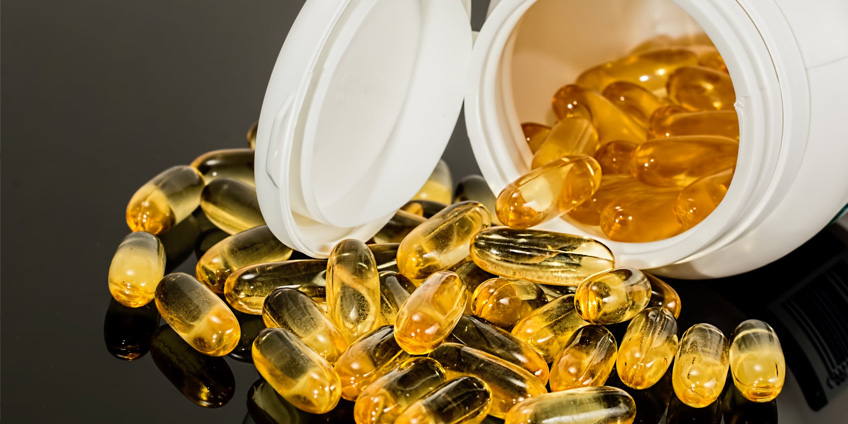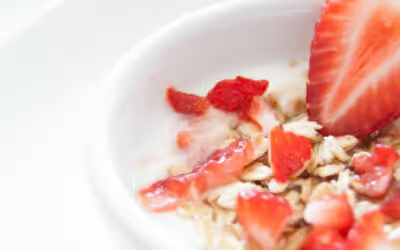You’ve probably been prescribed antibiotics throughout your life to fight infections. You’ve seen antibacterial soaps and detergents. We are taught to eradicate bacteria. That must mean all bacteria are bad, right?
Actually, no. The truth is that many bacteria are very good for the body and you are healthier because of them. Antibiotics don’t just kill off bacteria that cause illness, they also get rid of the bacteria we need for good immunity and digestion. As a result of killing off all the bacteria, we can experience a different set of diseases.
You must have plenty of healthy bacteria in your body. One of the best ways to introduce these healthy bacteria is through cultured foods or fermented foods.
Fermented foods are those that have been exposed to bacteria. The bacteria are allowed to eat the sugars from the foods and grow. In turn, it helps to break down the nutrients in the food and make them easier to digest. At the same time eating these foods gives you a healthy dose of good gut bacteria and the related enzymes.
While you can purchase probiotic supplements from just about any pharmacy or health food store, food is also an excellent source.
Probiotics can reduce your risk of yeast infections, cancer, arthritis, diabetes, obesity, colds, flu, chronic fatigue syndrome, and even heart disease. You must find ways to add them to your diet, and it’s a lot easier than you might think.
Foods that contain probiotics include yogurt, pickles, sauerkraut, and kefir. These are products you’ve probably seen in your grocery store and even consumed on your own. You can also find probiotics in foods that are a little more obscure such as kimchi, miso, and kombucha. These are foods that are enjoyed around the world but are less commonly known in the West.
However, as the health benefits of probiotics become more evident these foods have been afforded a place of honor. If you take a trip to your local health foods store you’ll no doubt see many of them available on the shelves.
In addition to purchasing them commercially, you can also make many of them at home. However, you’ll need starters to help get the cultures developing. Eating probiotic-rich foods is a great step toward improving your wellness and reducing your risk of disease.
In addition to eating probiotic-rich foods, I take a probiotic daily. Supplement quality matters! Many supplements you buy from big chains contain no live bacteria at the time of purchase. They may be inexpensive but they are also not helpful. Look for at least 30 billion colony-forming units in a probiotic and a supplement company that voluntarily chooses to go through label claim testing, which means what is listed on the label is there at the expiration date. All Best Life supplements meet this standard. Always. Daily Probiotic contains 50 billion colony-forming units of good gut bacteria at the expiration date. My husband and I both take it every morning in addition to adding fermented foods to our diet.
So there you have it! Some bacteria can cause damage to you, but many bacteria are necessary for you to enjoy good health. I do take antibiotics occasionally if needed but the daily steps I make every day make it much less of a frequent occurrence than it used to be. Little things add up to big things with time and consistency.
You’ve got this!




